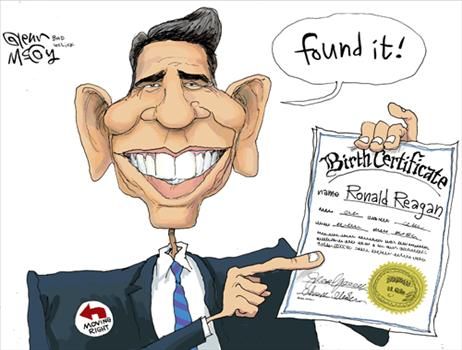Democrats now claim that the infamous 1099 business reporting mandate that the Senate repealed this week was an accident, as if they were as surprised as everyone else to learn that this destructive provision had crept by itself into law. The truth is that the 1099 rule emerged from the same core ideology as ObamaCare, and its overwhelming repudiation by Democrats may be an important inflection point in the health-care debate.
The 1099 rule is the first of the ballast to go over the side, and Democrats hope that such “improvements” will be enough to ride out the public storm. Then again, they also claimed that voters would learn to love ObamaCare once it had been stuffed through Congress, among many other misjudgments. The political history is revealing and instructive.
Less than a year ago, liberals couldn’t see how anyone could possibly object to a rule requiring businesses to file 1099 tax forms with the Internal Revenue Service every time they spent more than $600 with a single vendor. Yes, this would result in a vast new paperwork and accounting burden for 30 million businesses and hit start-ups hardest, not to mention farms, charities and churches. But Democrats saw IRS surveillance of nearly all business-to-business transactions as merely an exercise in good government.
The point was to close the “tax gap,” the largely mythological difference between the estimated taxes due under the business tax code and what the IRS actually collects. During the Bush years, Democrats and more than a few Republicans convinced themselves that businesses were cheating the government out of revenues through deliberate under-reporting and various tax shelters.
This notion prevailed at the Senate Finance Committee under both Democratic Chairman Max Baucus and Republican Chairman Chuck Grassley. Budget Chairman Kent Conrad was another evangelist. In its first budget, the Obama White House promised “robust” tax compliance enforcement “to narrow the annual tax gap of over $300 billion,” in contrast to the lethargy of its predecessor.
The 1099 ObamaCare footnote thus received no scrutiny at first because it was so mundane. Everyone in Washington agreed that corporations were stealing billions of dollars every year that rightfully belonged to Congress to spend. (The issue only blew up when the IRS’s National Taxpayer Advocate Nina Olson, followed by the GOP and the business lobby, made it a priority last summer.)




